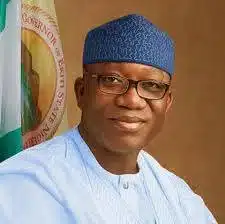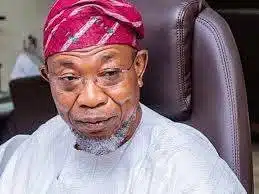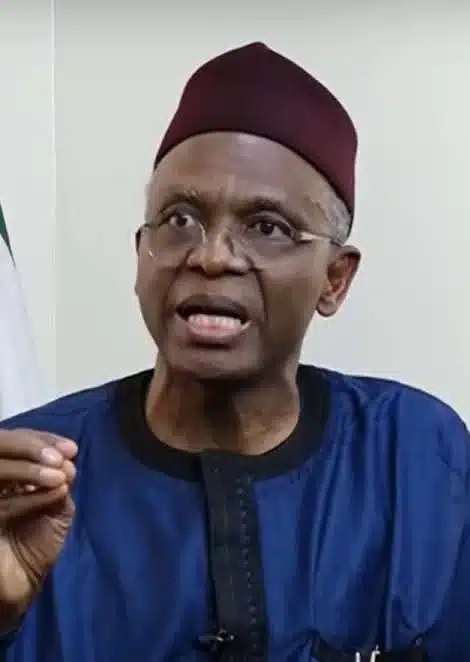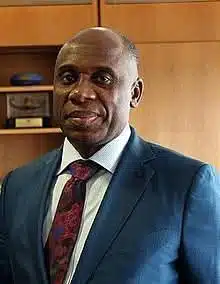By: Daure David
The All Progressives Congress (APC) is reportedly weighing the suspension of three of its most prominent members—Nasir El-Rufai, Rotimi Amaechi, and Kayode Fayemi—over growing concerns about their public criticisms of President Bola Tinubu’s administration.
The three former governors, who held key positions in Kaduna, Rivers, and Ekiti states respectively, have come under scrutiny within the party for their outspoken remarks on national governance. Party insiders have indicated that the APC’s National Working Committee (NWC) is considering punitive measures following their dissenting views on policies related to security, the economy, and national governance under Tinubu’s leadership.


The potential suspension of El-Rufai, Amaechi, and Fayemi follows a recent move by the APC to remove Senator Ali Ndume as a principal officer in the Senate. Ndume’s criticism of President Tinubu’s policies had prompted a swift response from party leadership, although he managed to avoid further disciplinary actions after resolving tensions with party officials.
Sources within the party suggest that El-Rufai, Amaechi, and Fayemi’s vocal opposition is causing significant unease among APC leadership, who fear that their remarks could further fracture the party’s unity. Despite their instrumental roles in the APC’s rise to power, the trio’s criticisms are perceived as undermining the collective efforts of the administration and creating divisions within the party.
“The APC has always been built on discipline and unity. While we respect the right of members to express their views, dissent that disrupts the party’s shared goals will not be tolerated,” said a senior APC official who spoke on condition of anonymity.
El-Rufai, known for his hardline stance on security issues, has been especially critical of the government’s handling of national security challenges. Amaechi, former governor of Rivers State and ex-minister of transportation, has also raised concerns about certain government policies. Fayemi, a former governor of Ekiti State, has questioned the administration’s approach to economic governance, citing the challenges facing the nation’s economy.
In a bid to mitigate internal strife, the APC leadership has urged all members to prioritize the collective interests of the party and the country. A statement issued earlier this week emphasized the need for party unity and discipline, while urging leaders to avoid personal grievances that could weaken the party’s cohesion.
As the party navigates these tensions, many APC supporters are closely monitoring developments, with some concerned that the party could face lasting divisions if internal disputes are not addressed swiftly. Whether the leadership will proceed with suspensions or opt for dialogue remains to be seen, but the outcome will likely have significant consequences for the APC’s unity and future political strategies.
With the political landscape shifting and power struggles continuing within the ruling party, the APC’s ability to manage internal dissent could determine its long-term success in Nigeria’s volatile political environment.






